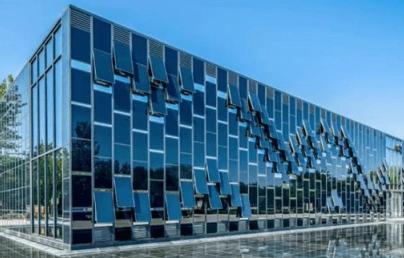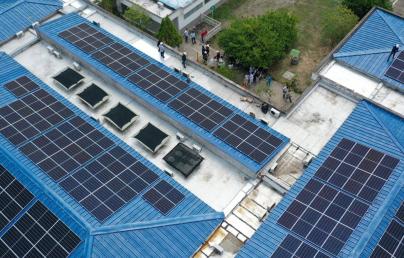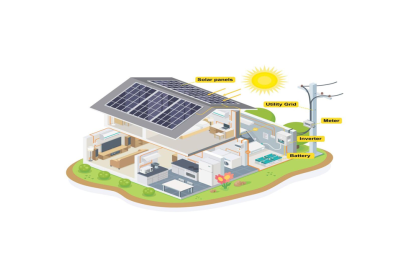
Two questions for: Hubert Kieken, Climate Director at Egis
Two questions for: Hubert Kieken, Climate Director at Egis
Territories, cities and infrastructures must arm themselves today to face the climate challenges of tomorrow. However, how can effective resilience strategies be developed to protect buildings when faced with increasing climatic hazards such as droughts, floods, heat and cold waves, fires or storms? To find out more, here is an interview with Hubert Kieken, Climate Director of the international group Egis, which specialises in consulting, construction engineering and operation.
What is your definition of resilience at Egis?
The vocation of Egis is to improve the quality of life of citizens in their territory, but also to ensure the sustainability of cities and infrastructures. Whatever the collective efforts to limit global warming, we must today – and even more so tomorrow – address the impacts of climate change. This is true for Egis' activities in infrastructure engineering and operation.
In 2022, we experienced millennial floods, a snowstorm in a hot country and terrible fires on some of our infrastructures. In each case, these events concern not only our infrastructures, but also the entire territory they serve: it is therefore at this level that we must act.
Our ambition is to respond to this emergency. We want to ensure that all our support, advice, expertise and design missions now integrate the vision of tomorrow’s climate. This ambition requires acquiring specific tools, methods and data, but also working with customers to make them aware of the situation.
In concrete terms, we have set ourselves the following objective: by 2030, all our projects will integrate data on the future climate. This represents thousands of projects and nearly 20,000 employees to train... It's a huge challenge.

